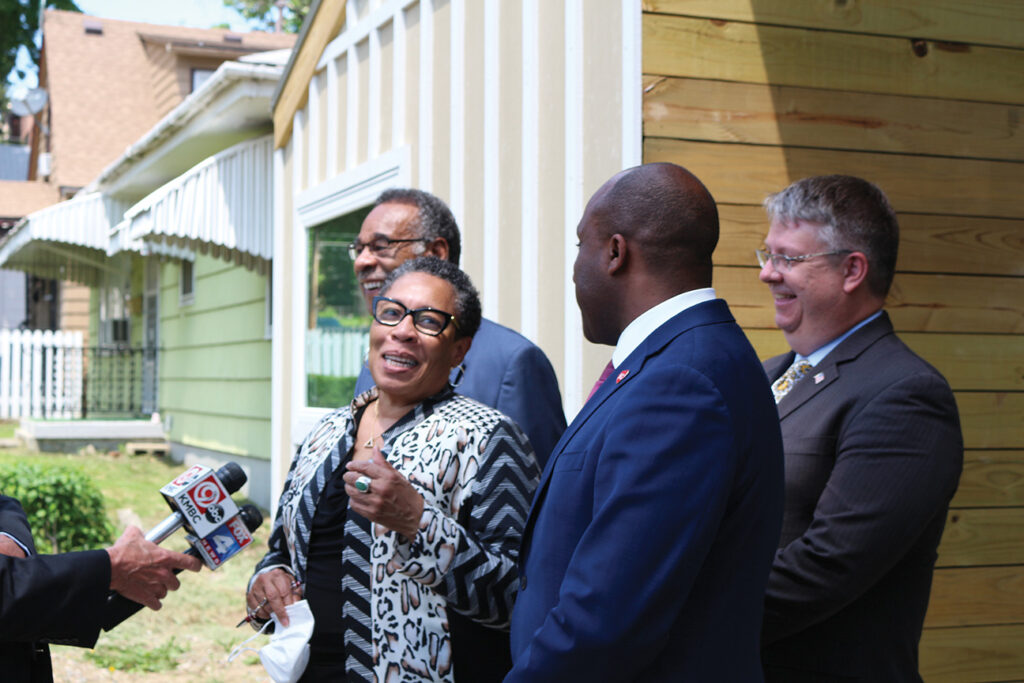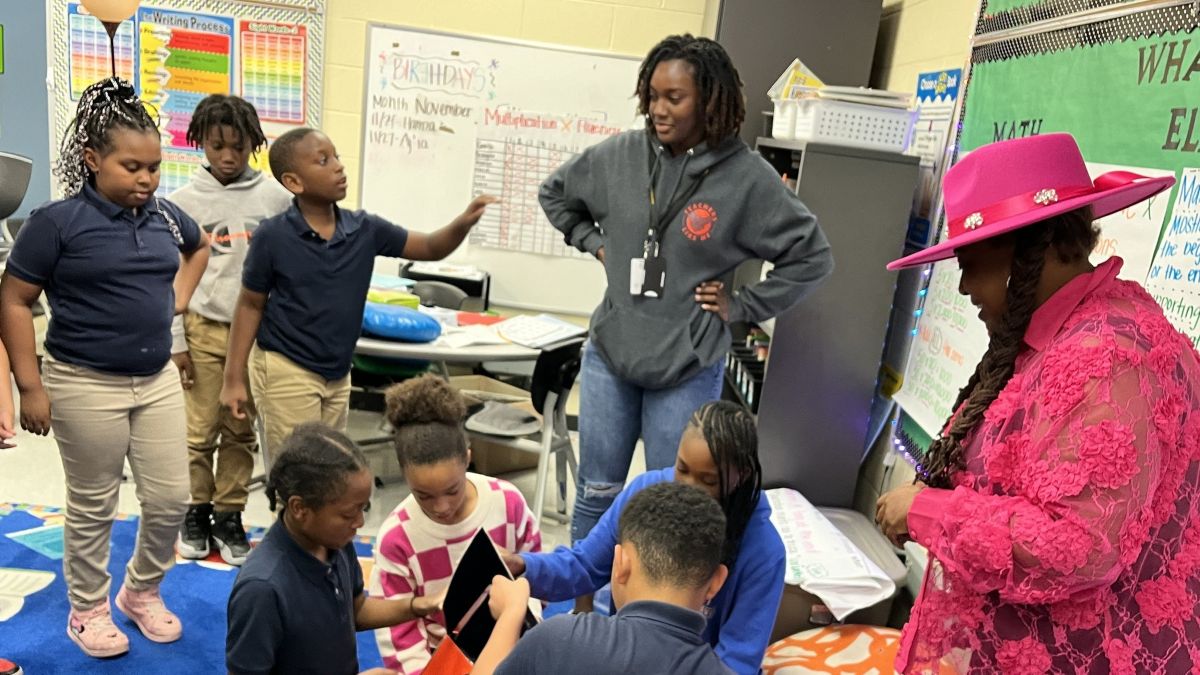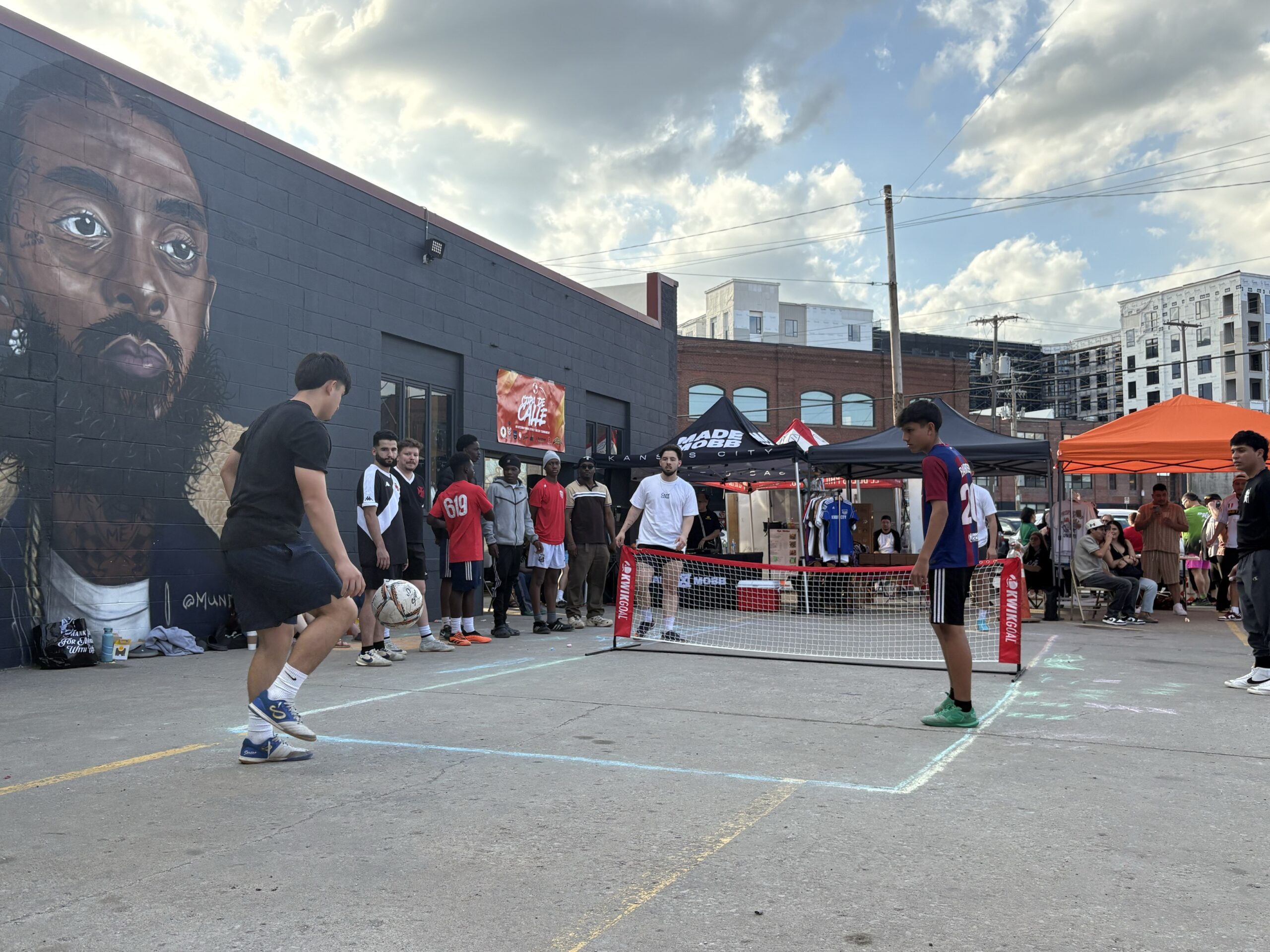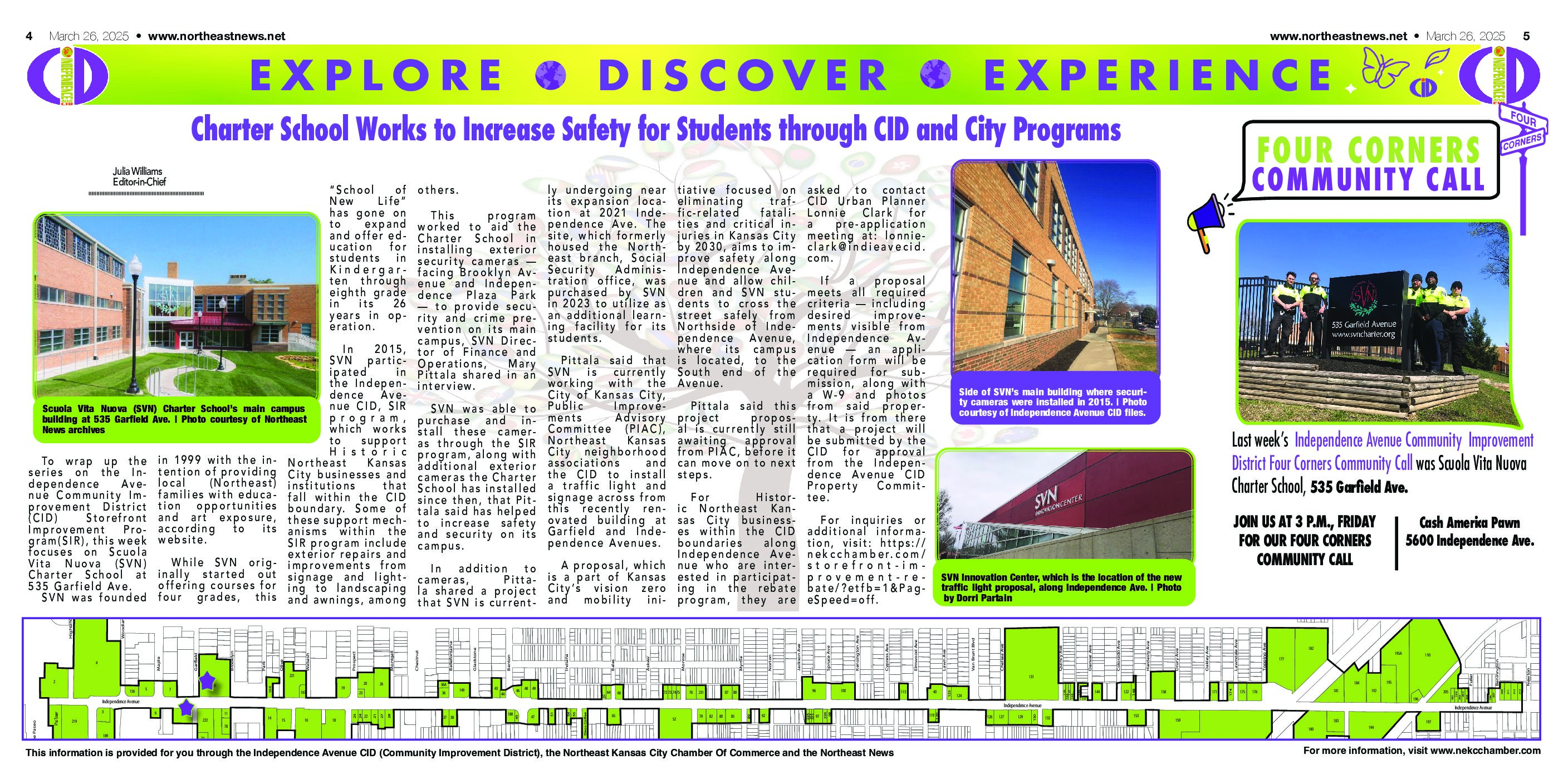
Abby Hoover
Managing Editor
Northeast got some national attention this week when Housing and Urban Development (HUD) Secretary Marcia Fudge visited Mattie Rhodes Center’s (MRC) first net zero house project followed by a roundtable discussion with CoBuild and MRC staff as part of her tour of Kansas City on Wednesday, May 26 to highlight the American Jobs Plan.
Joined by U.S. Congressman Emanuel Cleaver II (D-MO), Northeast Alliance Together (NEAT) Director Scott Wagner, and Kansas City Mayor Quinton Lucas, Fudge toured the property and discussed sustainable low income housing.
Earlier in the day, Fudge gave remarks on the Biden Administration’s proposal to use $35 billion in HUD’s Home Investment Partnership program and another $45 billion in addressing housing needs across the country.
The center has been serving the community for over 100 years and has recently shifted its focus to include job training and affordable housing, MRC President and CEO John Fierro said.
MRC hopes to tackle the next round of infill houses on long vacant lots just two blocks away from the site on North Topping Ave., near its Northeast location. They are contemplating economies of scale and sustainability, while also being cognizant of the current residents of the neighborhood and not pricing them out.
Fudge views housing as an infrastructure issue, and is both an asset and an investment for the government, just like roads and bridges.
“I have parts of the city in my district that haven’t had a new house built in 15, 20 years,” Cleaver said. “This is not an “urban” program, it is a comprehensive United States program.”
Cleaver, who represents Missouri’s Fifth District, was interested in the possibility of building similar homes in the rural areas of his district.
“The other thing is that poverty doesn’t limit itself to big cities, homelessness does not limit itself to big cities,” Fudge said. “It is everywhere. It is pervasive in this country.”
Pendleton Heights resident Tate Williams, founder of CoBuild, the Section 3 general contractor for the house build, and co-founder of Emerging Builders, a construction jobs training program for minorities and women, has worked on a number of HUD funded projects in Kansas City. He voiced his concerns over the funding process through Section 3 for businesses like his and those his apprentices start. Fudge agreed his concerns were valid and said her team would work on a 30-day solution.
“It’s validating, for sure, because I think her and Congressman Cleaver very quickly identified the conundrum that exists for Section 3,” Williams said, adding that his business is a launchpad for young entrepreneurs, and their ability to access capital is what he’s most concerned with. “I believe that the solution to affordable housing is coming from the young people who are coming into the industry. Their ability to have capital to fuel their ideas is what I’m concerned about.”
Indian Mound Neighborhood Association President Manny Abarca, also Cleaver’s Deputy District Director, said his organization is constantly in conversation with Wagner and others to find the best avenue for reuse of abandoned houses and lots. Whether that’s urban homesteading, infill houses, or some other use like a community garden, the association strives to find what the best use is for each property.
“We’re running out of available locations to do this kind of stuff, so it’s both a good thing and a bad thing,” Abarca said. “At a certain point we’ll hit a cap and then prices will go up, so Indian Mound’s perspective is that we’re trying to do this so we’re not increasing gentrification, but we’re doing it in a balanced way to raise everybody up.”
More to come…



















